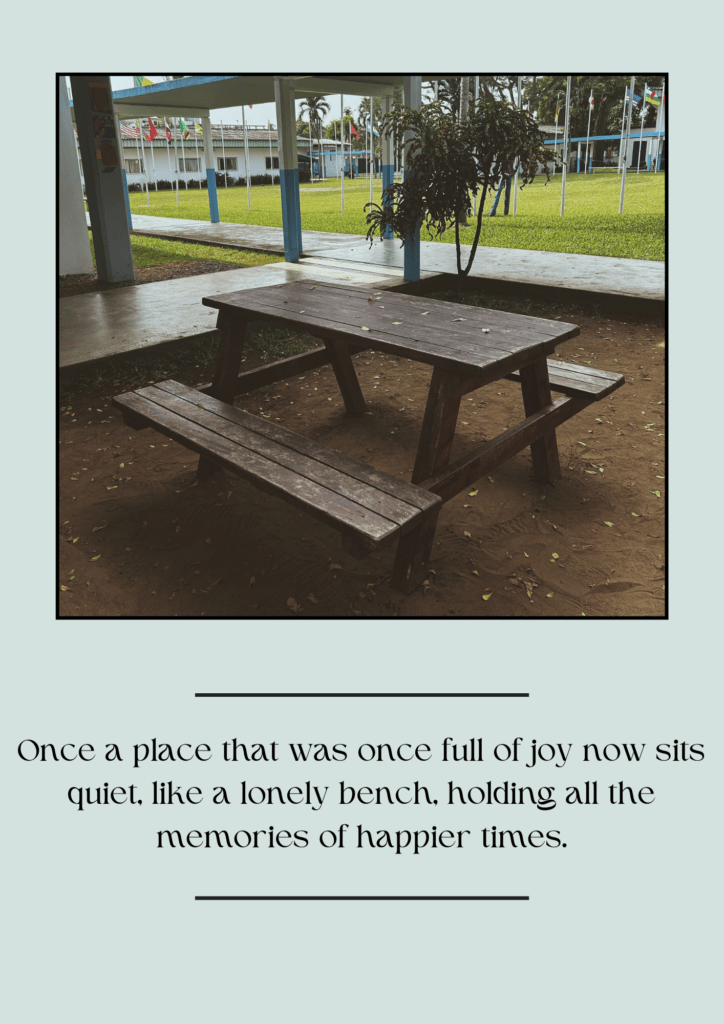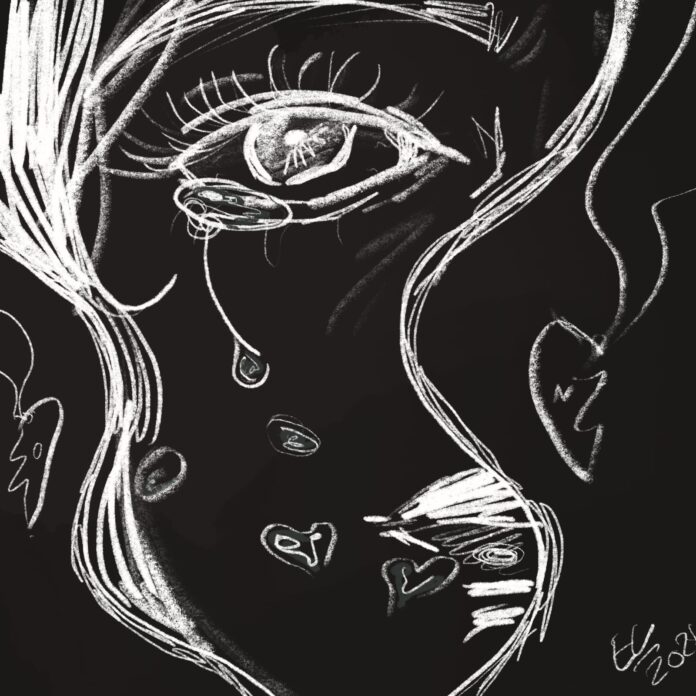Introduction to Friendships
In an age where every aspect of life feels judged, friendships are no exception. Gone are the days when longevity was the symbol of a good relationship. Today, people are more focused on quality over quantity, looking for friendships that align with their values, priorities, and emotional well-being.
People are setting boundaries and prioritizing mental health, which means reevaluating relationships that may feel one-sided or draining. This shift may be traced back to the COVID-19 pandemic. A global event that forced many to confront what—and who—truly mattered in their lives. People are setting boundaries and prioritizing mental health, which means re-evaluating relationships that may feel one-sided or draining.
Friendships and Boundaries
The growing focus on mental health has given people the tools to set boundaries in friendships. This has led to healthier relationships for some. It’s also resulted in painful decisions to cut ties with friends who no longer feel supportive.
“be careful making friends. if you know it’s not going to last, Be careful with your feelings, Especially if you have attachment issues.”
Anonymous Girl, 16
Experts note that friendship breakups can be as emotionally taxing as romantic ones. This often involves grief, guilt, and self-doubt. Unlike romantic relationships, friendship breakups lack formal rituals, like formal breakups, leaving many people to navigate their grief alone
Setting boundaries allows individuals to communicate their limits, prioritize self-care, and establish expectations for mutual respect and support.
In friendships, this might look like saying no to constant last-minute plans, expressing discomfort about certain topics, or addressing recurring conflicts. While these boundaries are important for healthy relationships, they can also lead to tension or misunderstandings, especially if one person takes the boundary as rejection.
However, experts emphasize that boundaries aren’t about pushing people away—they’re about creating a foundation where both individuals can thrive, free from resentment or burnout.
Social Media’s Impact
While social media platforms have made it easier connect, they’ve also changed how friendships are formed—and dissolved. The rise of “ghosting” (cutting off communication without explanation) and “soft-blocking” (subtly stopping interactions online) has made it easier than ever to end friendships without confrontation. However, these tactics can leave a lingering sense of unresolved tension.
Social media amplifies everything, as it makes it easy to compare lives, which can breed resentment or insecurity. It can also create an illusion that relationships should always feel effortless. In many cases, the platforms designed to bring people together becomes the wedge driving them apart.
Male vs Female Friendships
Male and female friendships have different dynamics, influenced by societal norms and communication styles. Female friendships tend to be more emotionally intimate, with friends openly sharing feelings and offering support. In contrast, male friendships are often activity-based, focusing on shared hobbies, interests, or experiences rather than emotional bonds.
While these patterns aren’t universal, they show cultural expectations that encourage women to express vulnerability while discouraging men from doing the same. As a result, female friendships might be more prone to conflict due to their emotional depth, whereas male friendships may end quietly, often fading over time without direct confrontation.
“When I’m with my guy friends, it’s more carefree and fun. With my girl friends, we can go deeper into convos and a bit more comfortable (physically and mentally).”
Anonymous Girl, aged 15
It Hurts to Let Go
Losing a close friend can feel like a kind of mourning, especially when the breakup is abrupt or unexpected. For many, the absence of advice for friendship loss makes it harder to process the emotions involved.
“After my best friend and I stopped talking, I felt lost,” shares an anonymous 18-year-old student. “People kept asking if we had a fight, but it wasn’t like that. We just stopped being the right people for each other.”
Psychologists emphasize the importance of treating friendship breakups with the same care as any other loss. Journaling, therapy, and even having a “goodbye conversation” can help bring closure.
New Beginnings
While friendship breakups can be painful, they often pave the way for personal growth. Ending a friendship doesn’t mean it failed, it means it served its purpose for a time. Growth sometimes requires letting go to make room for new connections.
For many, the end of one friendship can lead to healthier, more fulfilling relationships. It’s a process of learning to recognize what we need and what we can give.
As we go through this era, one thing is clear: Friendship, like any relationship, evolves. And while some connections may fade, the bonds that stay are stronger for it.
Experiences from Our Own School
“It’s weird. Ever since that one fight, we’ve been on and off. And I really love her as a friend, but she ditches me a lot and hangs out with other people, and I always the first to make the effort to talk to her. We aren’t in the same class, so it hurts even more. I want to be her friend but not like this.”
“I’m still trying to cope with the friendship breakup, like what do you mean? You know everything about me and we used to talk everyday and now you’re just a stranger that I know very very well and the stranger also knows me very, very, well??”
Photo Essay: Created by Keyla Isaro




Video Essay: Created by Safir Cisse


